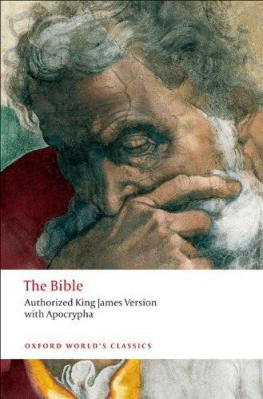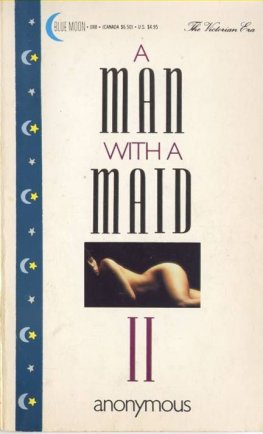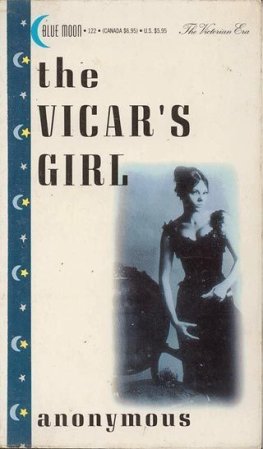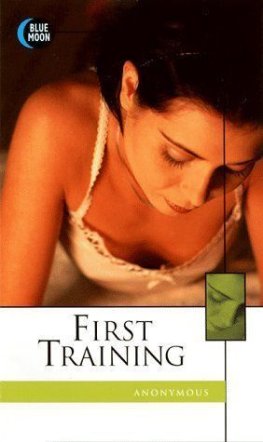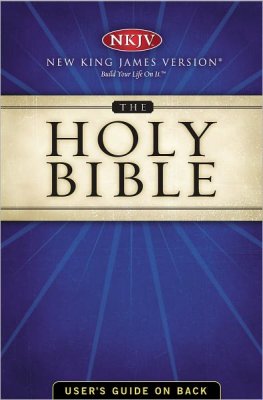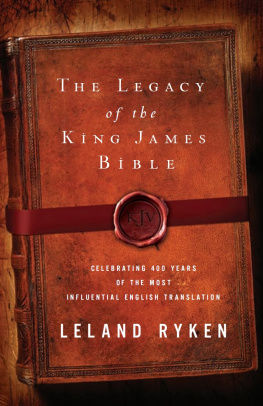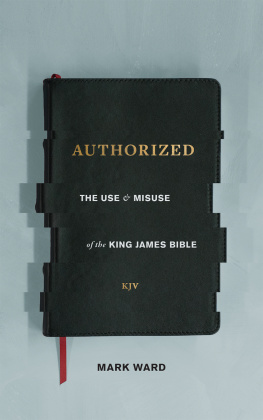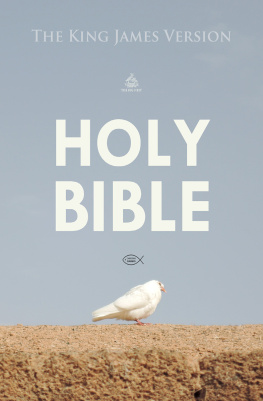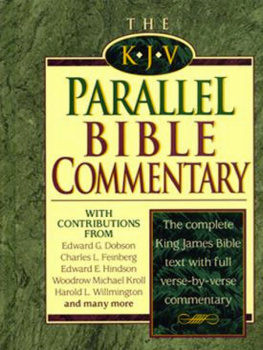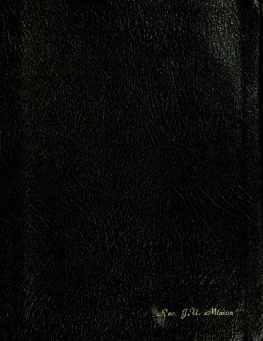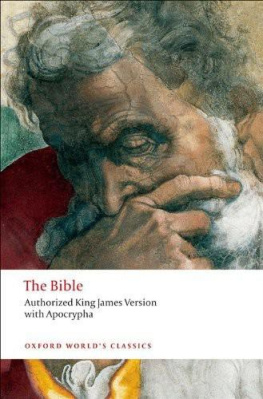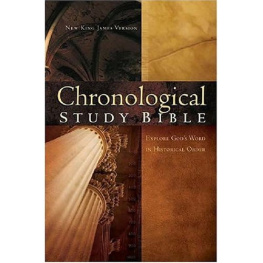
Great Clarendon Street, Oxford OX2 6DP
Oxford University Press is a department of the University of Oxford.
It furthers the Universitys objective of excellence in research, scholarship,
and education by publishing worldwide in
Oxford New York
Auckland Bangkok Buenos Aires Cape Town Chennai
Dar es Salaam Delhi Hong Kong Istanbul Karachi Kolkata
Kuala Lumpur Madrid Melbourne Mexico City Mumbai Nairobi
So Paulo Shanghai Taipei Tokyo Toronto
Oxford is a registered trade mark of Oxford University Press
in the UK and in certain other countries
Published in the United States
by Oxford University Press Inc., New York
Introduction Stephen Prickett 1997
Select Bibliography, Notes, Glossary Robert Carroll 1997
The moral rights of the author have been asserted
Database right Oxford University Press (maker)
First published as a Worlds Classics paperback 1997
Reissued as an Oxford Worlds Classics paperback 1998
Reissued 2008
All rights reserved. No part of this publication may be reproduced, stored in a retrieval system, or transmitted, in any form or by any means, without the prior permission in writing of Oxford University Press, or as expressly permitted by law, or under terms agreed with the appropriate reprographics rights organizations. Enquiries concerning reproduction outside the scope of the above should be sent to the Rights Department, Oxford University Press, at the address above
You must not circulate this book in any other binding or cover
and you must impose this same condition on any acquirer
British Library Cataloguing in Publication Data
Data available
Library of Congress Cataloging in Publication Data
Bible, English. Authorized. 1997.
The Bible: Authorized King James Version / edited with an
introduction and notes by Robert Carroll and Stephen Prickett.
p. cm.(Oxford worlds classics)
Includes bibliographical references.
I. Carroll, Robert P. II. Prickett, Stephen. III. Title. IV. Series.
BS185 1997.094 1997 220.52043dc20 9628858
ISBN 9780199535941
Printed in Great Britain by
Clays Ltd, St Ives plc
OXFORD WORLDS CLASSICS
For over 100 years Oxford Worlds Classics have brought readers closer to the worlds great literature. Now with over 700 titles-from the 4,000-year-old myths of Mesopotamia to the twentieth centurys greatest novelsthe series makes available lesser-known as well as celebrated writing.
The pocket-sized hardbacks of the early years contained introductions by Virginia Woolf, T. S. Eliot, Graham Greene, and other literary figures which enriched the experience of reading. Today the series is recognized for its fine scholarship and reliability in texts that span world literature, drama and poetry, religion, philosophy and politics. Each edition includes perceptive commentary and essential background information to meet the changing needs of readers.
Refer to the to navigate through the material in this Oxford Worlds Classics ebook. Use the asterisks (*) throughout the text to access the hyperlinked Explanatory Notes.
OXFORD WORLDS CLASSICS

The Bible
Authorized King James Version

With an Introduction and Notes by
ROBERT CARROLL
and
STEPHEN PRICKETT

OXFORD WORLDS CLASSICS
THE BIBLE
ROBERT CARROLL was Professor of Hebrew Bible and Semitic Studies at the University of Glasgow. Among his many publications are When Prophecy Failed (1979), From Chaos to Covenant (1981), Jeremiah: A Commentary (1986), and Wolf in the Sheepfold (1991).
STEPHEN PRICKETT is Margaret Root Brown Professor of Victorian Studies and Director of the Armstrong-Browning Library at Baylor University, Waco, Texas. Previous appointments include the Chair of English Literature at the University of Glasgow, the Chair of English at the Australian National University in Canberra, and teaching posts at the Universities of Sussex, Minnesota, and Smith College, Massachusetts. His other books on literature and theology include Romanticism and Religion: The Tradition of Coleridge and Wordsworth in the Victorian Church (1976), Words and the Word: Language, Poetics and Biblical Interpretation (1986), (ed.), Reading the Text: Biblical Criticism and Literary Theory (1991), and Origins of Narrative: The Romantic Appropriation of the Bible (1996).
CONTENTS
PREFACE
BIBLES are, by their very nature, partisan. As that plural suggests, there are many bibles, even in English, and each is the product of a particular interest groupwhether religious, commercial, or, increasingly nowadays, both. This edition is no exception. The editors of this Worlds Classics version have chosen for their text the 1611, King James translationalso more familiarly called the Authorized Versionnot because of any presumed impartiality, but because historically it has had greater influence on the development of the cultures and literatures of the English-speaking world than any other translation of the Bible. As the Introduction should make clear, however, that version itself represents not merely a particular historical compromise, but has a quite specific and polemical bias of its own.
Nor can the present editors be themselves exempted from this general rule. Though this edition, unlike almost every other on the market, is not sponsored by a particular religious group, the mere fact that we have chosen to use a translation that is, in places, more than four hundred years old, indicates an initial historical bias to our approach. Bias is not confined to the choice of text. As the Introduction, Notes, and the rest of the critical apparatus should make very plain, we have throughout been interested in showing not merely how this particular translation came into being, but also how it relates to the Hebrew, Greek, and Latin versions from which it was made. We have also written our comments taking into account post-Enlightenment, modern, naturalistic (as opposed to supernaturalistic) knowledge and thinking about the Bible. Such a modern historical approach highlights another quality of this edition. So far from being the rock of ages in a sea of flux, as some devout Christian readers of the Bible have maintained in the past, it should be clear to any impartial reader of this edition that the history of biblical interpretation is one of continuous and, at times, quite startling change. The eighteenth-century shift from typological to narrative reading of the scriptures, for example, represents a far more fundamental interpretative shift than any changes that have occurred in the production or interpretation of Shakespeares plays over the same period. To Jews, long used to a tradition of midrashic commentary, this fluidity comes as no surprise; to those with a stronger belief in the stability of scriptureeven that appropriated from another religionit may seem strange. The fact remains, however, that one reason for the Bibles continuing attraction to a wide range of readersto painters, philosophers, poets, playwrights, songwriters and writers of all descriptions, as well as to religious practitionersis the amazing dynamism of the text itself, and its continued capacity to present itself in a new light to every generation. In an important sense, this edition is a celebration of that historical, transformative dynamic aspect of the Bible.
Next page
